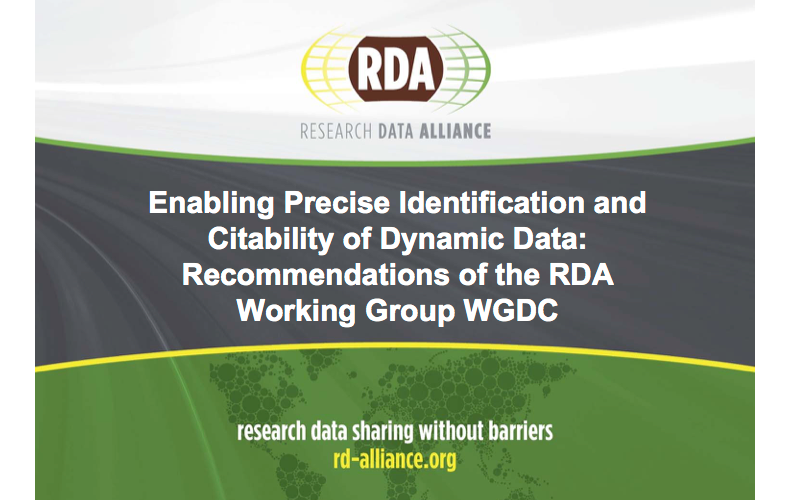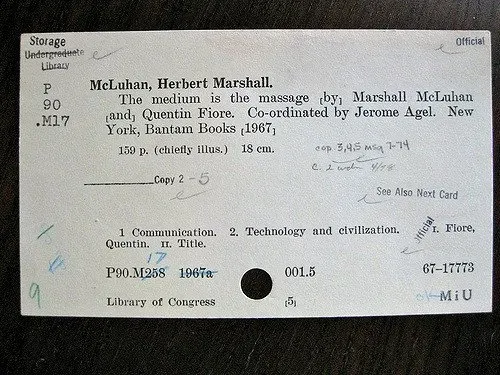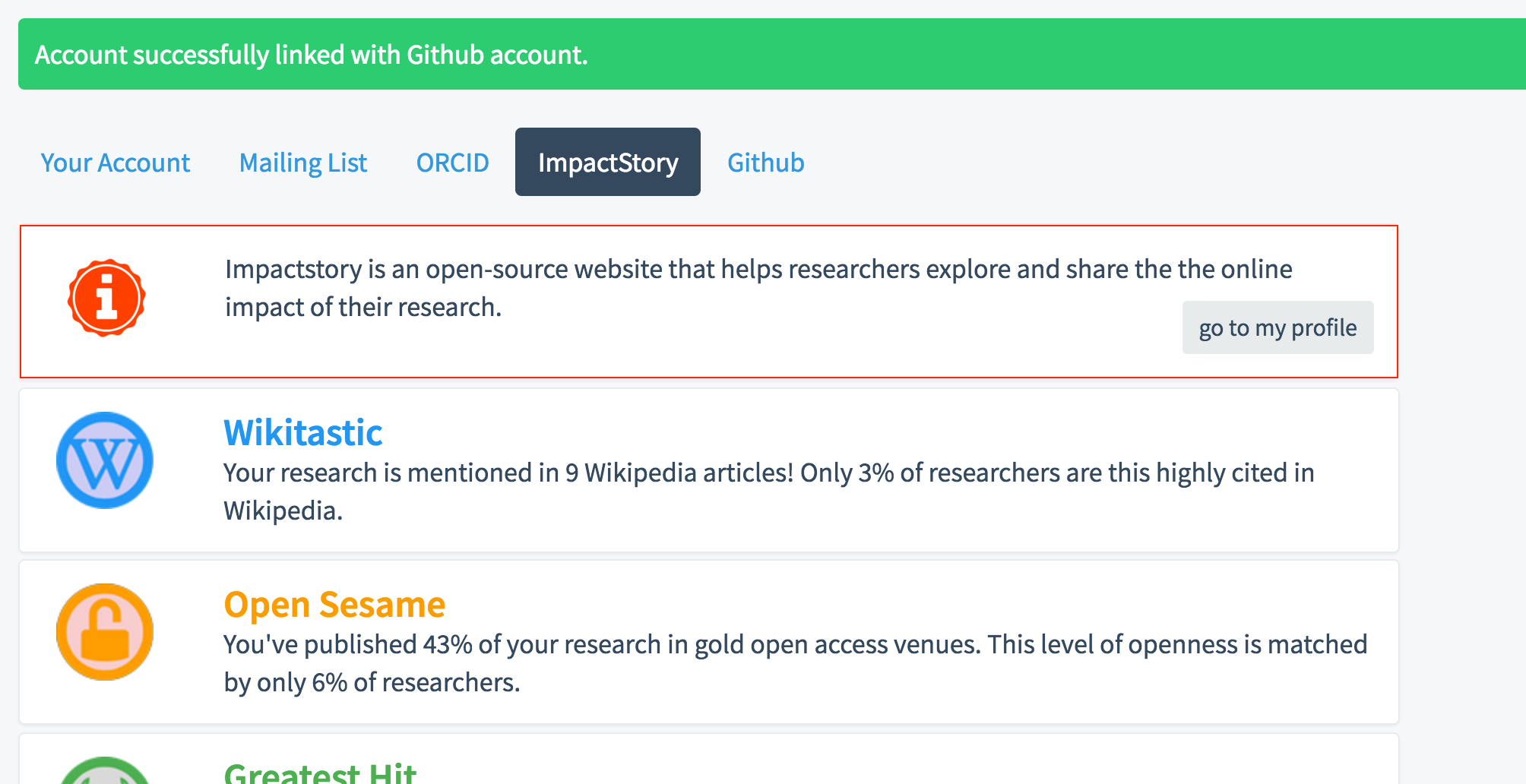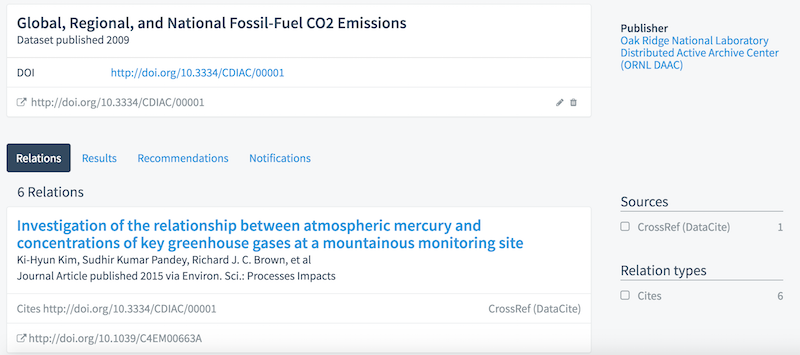
Today we are launching a new version of the DataCite API at http://api.datacite.org. This new version includes numerous bug fixes and now includes related resources (e.g. data centers, members or contributors) according to the JSONAPI spec. The changelog can be found here. Current users of the API should watch out for breaking changes in the meta object used for faceting.









